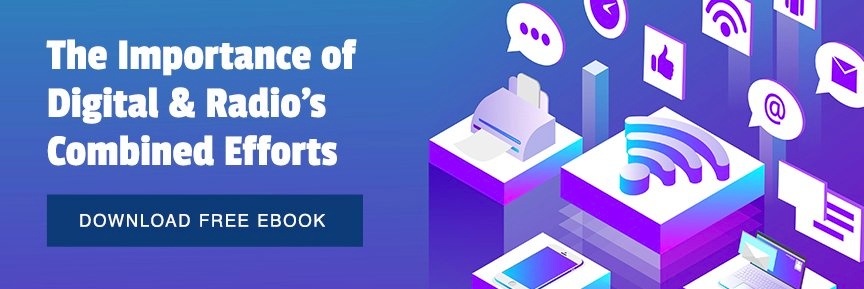Leads and contacts alike are useful in the sales pipeline but, when it comes right down to it, leads will take you much further. Let’s find out why.
Leads and Contacts, Defined
The first step is understanding how to tell a lead and a contact apart.
A lead is a potential customer that has shown interest in your product or service and they have requested more information from you. Perhaps they’ve signed up for your email list or filled out a form on your website.
A contact is an individual or organization that your company has a connection to, like partners, affiliates, or customers.
In terms of structure, a lead is always a contact, but not all contacts are leads. Contacts can benefit your business because they contain information like an address or a phone number, but their information remains static over time – unlike that of a lead.
Lead Quality
Some leads are more valuable than others, AKA those that are likely to become customers in the future. These leads are the ones you should nurture.
Quality > quantity, every single time.
The quality of a lead depends on how relevant, interested, and ready a lead is to purchase your product. A high-quality lead has a clear problem that can be fixed with your product or service. Beyond that, they also have the budget to make a purchase and they’re actively looking for a solution.
A low-quality lead is not ready/willing to buy, they’re not actively looking for a solution to their problem, they are not engaged with your marketing efforts, and they aren't a good fit to your solution overall.
Why Quality > Quantity
Here’s why you should concentrate on quality over quantity when it comes to your leads:
- The quality of your leads improves your conversion rates. After all, high-quality leads are ready to respond to your marketing efforts. They’ll do things like book a meeting, request a demo, and, eventually, make a purchase – which benefits conversion rates.
- Good leads improve your brand’s reputation. Good leads trust your brand. That means they’ll leave you shining reviews, recommend you to others and, ultimately, bring more high-quality leads to your business.
- High-quality leads can save you money. They’re cheaper to nurture and maintain than low-quality leads are. They generate more revenue, all the while requiring fewer marketing resources.
- Good leads extend your customers’ lifetime value. High-quality leads are very likely to continue buying from you and remain loyal to your brand over their lifetime.
Improving Lead Quality
This all might sound great, but what should you do if you don’t have high-quality leads as it stands?
We can help. Improving the quality of your leads takes work, but it is possible.
The first thing to do is define your ideal customer profile, as getting to know and understand your ideal customers allows you to tailor your marketing message to fit those who will care about it.
Understand your ideal audience on a personal level. Figure out their demographics, pain points, goals, psychographics, preferences, and challenges so you can tweak your message to fit them as best you possibly can.
Next, create content that is valuable and relevant. This is the whole reason you got to know your ideal audience, so you could make content that fits them perfectly. Now is your chance to bring it to life.
Your content should attract, educate, and engage your customers. It should align with their preferences, challenges, pain points, and goals, all the while showcasing your knowledge and expertise. There is all sorts of content that you can create – from blog posts to webinars and everything in between. The work comes with finding what fits your company, and your audience, best.
Another crucial step to identifying high-quality leads is to use first-party data collection to harness them. First-party data comes straight from the source, which means you can build deeper and more meaningful relationships with your customers – and that makes for high-quality, long-lasting leads.
For example, you can run a contest giving away your product or service to one lucky customer. Everyone who enters the contest is a lead. In the entry form, you can ask questions that help you determine when and how they are most likely to need your product or service if they don’t win. That valuable first-party data can help you tailor your marketing messages, such as sending an email to consumers who are ready to buy right away as soon as the contest ends.
First-party data can help you anticipate your leads’ needs and personalize campaigns towards them specifically, which will garner great results.
The High-Quality Ripple Effect
High-quality leads can affect every aspect of your business in all the right ways, starting at the center and rippling outward. They are more valuable than static contacts because they lead to a higher return on investment, they create brand-loyal customers, and they increase your revenue over time.
To learn more about how to generate these types of leads for your company, get in touch with our team at Federated Media.

